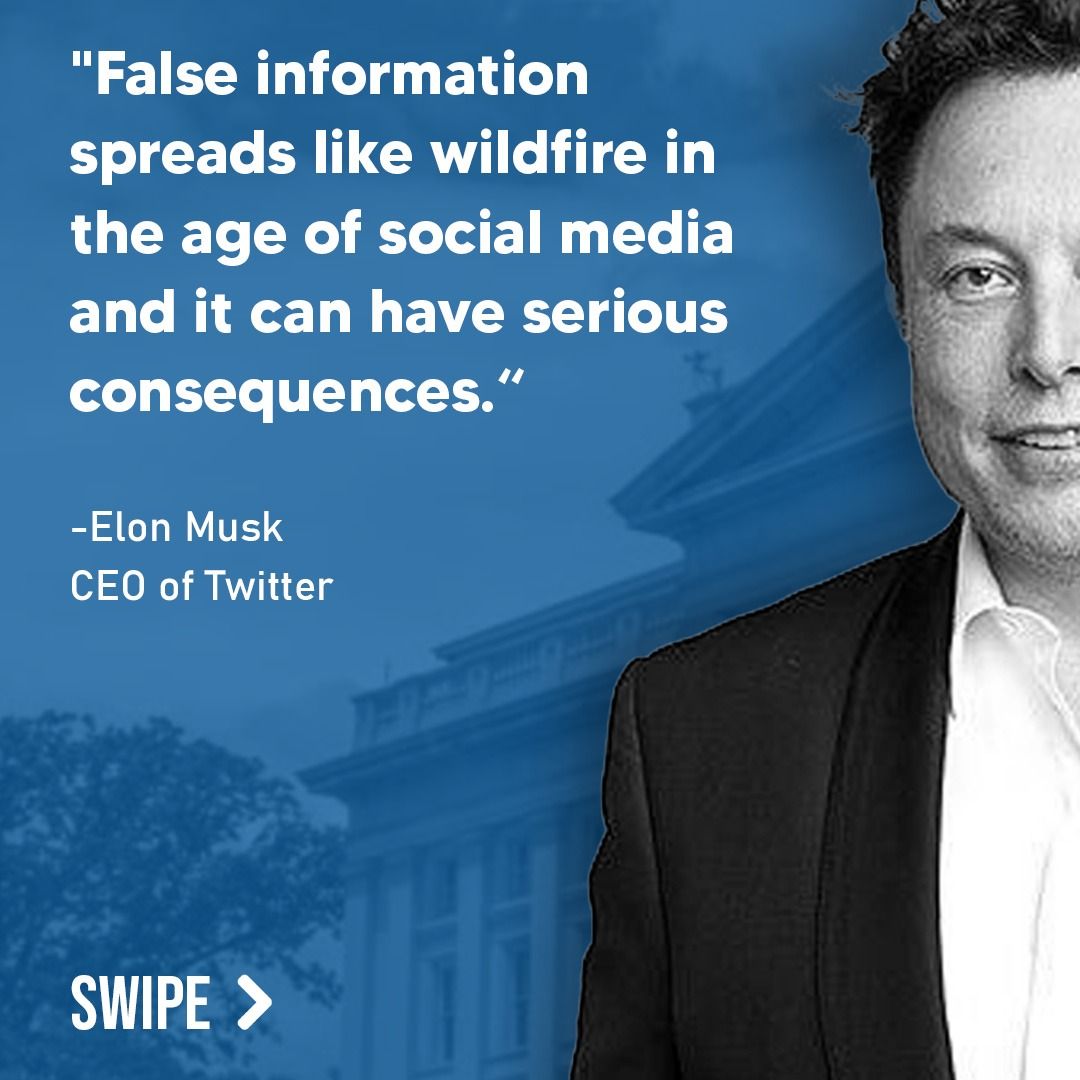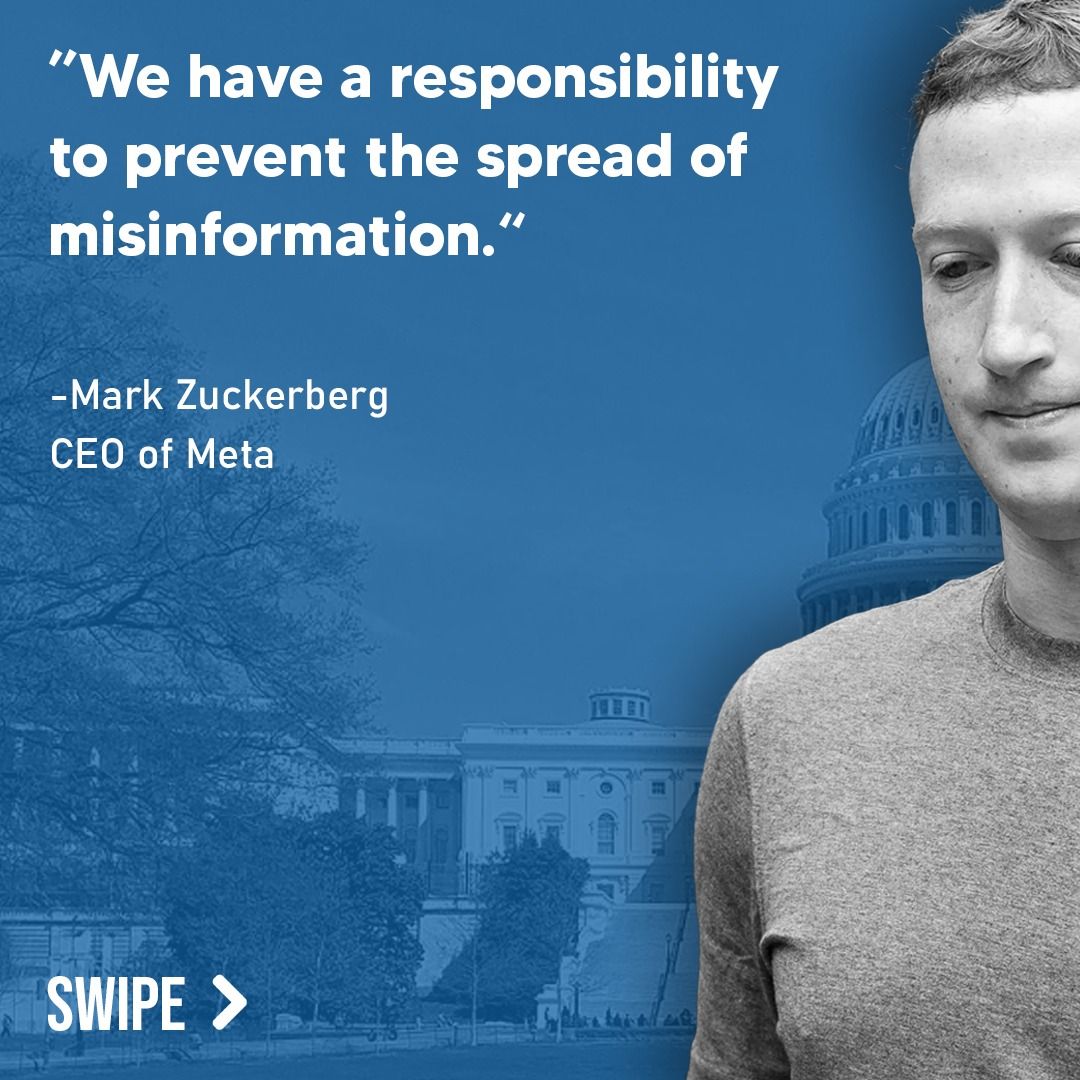
The article reports that the Trump administration has lifted its suspension of military aid to Ukraine, coinciding with Ukraine’s proposal for a ceasefire. This sudden policy shift has prompted questions about whether it is genuinely about peace talks or driven by a strategic motive, especially given ongoing tensions between Ukraine and Russia.
The U.S. has provided substantial military aid to Ukraine since the full-scale Russian invasion in 2022. In prior years, the Trump administration had intermittently withheld military assistance to Ukraine, notably in 2019, which led to investigations regarding political motivations. Given the long-standing geopolitical stakes, changes in U.S. policy on Ukraine are often scrutinized for strategic intentions beyond stated commitments to peace.
There is some evidence that aid suspensions were used as leverage in diplomatic negotiations, particularly in previous administrations. However, no direct official statement from the Trump administration explicitly confirmed this as the sole reason for restricting military support. According to foreign policy analysts, U.S. aid decisions typically consider multiple strategic factors, including congressional directives, geopolitical conditions, and security implications. Insufficient evidence exists to claim that this restriction was exclusively to pressure Ukraine into talks.

As of the article’s publication, Ukraine did express openness to a ceasefire, subject to Russian agreement. Ukrainian officials, including Andriy Yermak, confirmed this stance. However, Russia’s response remains ambiguous. The Kremlin has previously dismissed ceasefire proposals unless they include Ukraine forfeiting its NATO ambitions and recognizing Russian-occupied territories as Russian. This reporting aligns with available evidence, but it lacks clarity in differentiating Ukraine’s initial overture from Russia’s longstanding preconditions.

The article states that Steve Witkoff “could” meet with Putin, citing an anonymous source. However, no official confirmation has been made by U.S. or Russian officials. Past U.S.-Russia negotiations have involved high-level diplomats rather than envoys with limited foreign policy influence. Given the uncertainty surrounding scheduling and diplomatic priorities, this assertion is speculative rather than confirmed.
While the article accurately reports the lifting of military aid restrictions and Ukraine’s willingness for a ceasefire, it presents some claims with insufficient substantiation. The lack of an official explanation from the Trump administration regarding the motivation for halting aid leaves room for interpretation. Additionally, speculation about a potential Putin meeting lacks direct confirmation, impacting the article’s reliability. Overall, the report is factually correct in its core details but would benefit from additional verification and clarification.

Want to ensure you’re getting the full story? Download the DBUNK app today to fact-check news in real time and get reliable updates.
Read the original article here: PBS NewsHour

